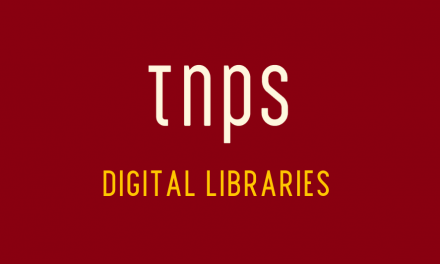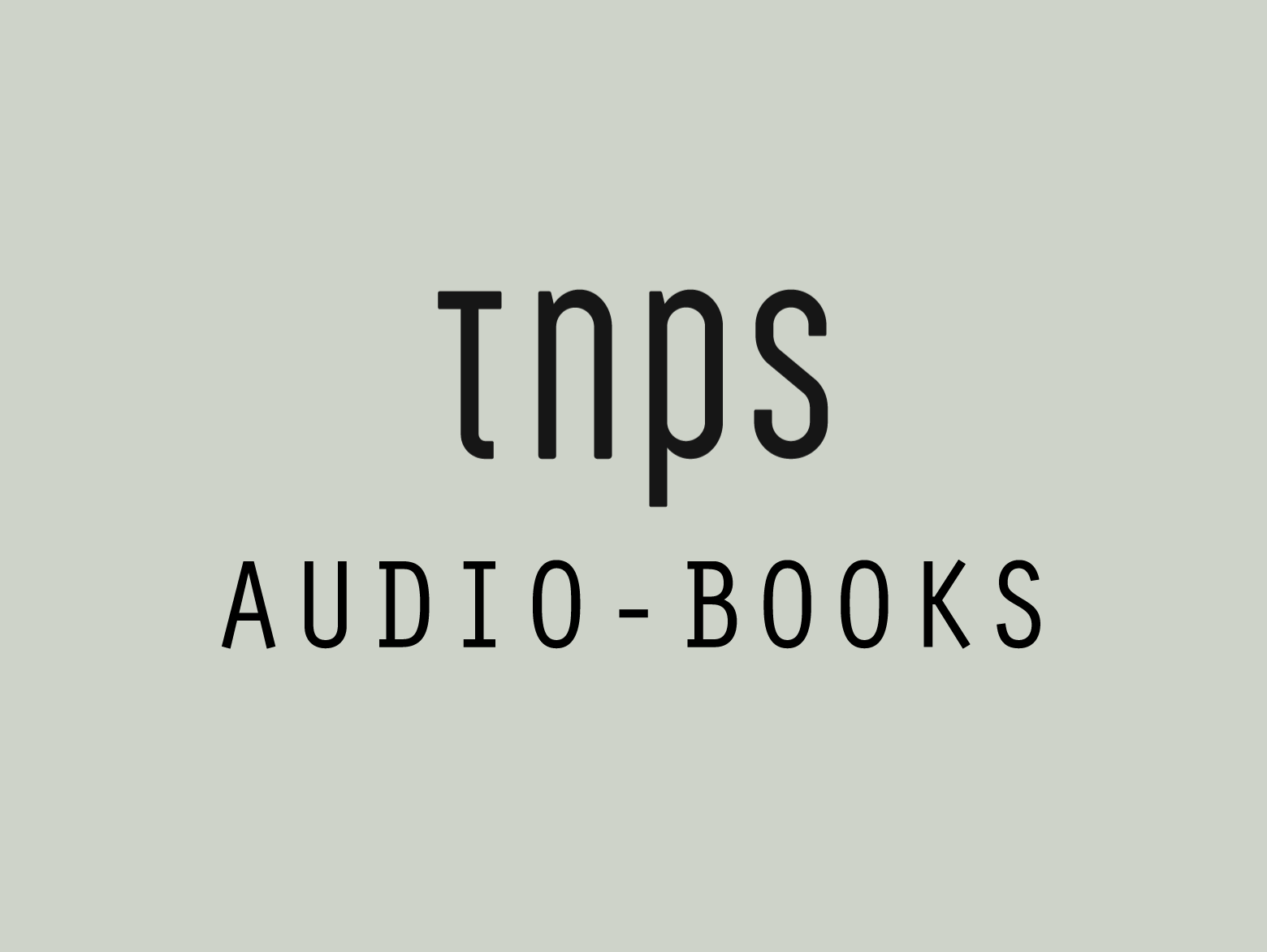Arnaud Nourry has been CEO of Hachette Livre since 2003, so has overseen Hachette’s response to the digital revolution and to the rise of Amazon’s dominance of the Anglophone print and digital markets.
For Nourry, that dominance is less a problem than to some publishing houses, as France-based Hachette derives fully 33% of its business from France, Belgium, Switzerland, Canada and other French-speaking countries, compared to only 25% in the US and English-speaking Canada. The remainder coming from the UK, India, Australia, New Zealand and Ireland (20%), 10% in Spanish markets, and 10% from the rest of the world.
Hachette produces 17,000 new titles each year and had sales of $2.8 billion in 2016.
Nourry told India’s Scroll that Hachette’s focus and strategy was,
to publish in French, English and Spanish and as a second stage of development…to investigate other languages like Chinese, Russian and Arabic.
Commenting on the Chinese, Arab, Russian and Indian markets, Nourry said China was a
difficult country so I’m not 100% pleased with our successes there. The Arabic language is fascinating because there’s such a huge population of readers. Although I have to say that the political and military environment is not of great help to sell books. Russia is quite interesting and we are successful. And of course, India is one of the most exciting markets for us right now.
On India Nourry explained that Hachette is a trade publisher in India, not much involved in the academic and education side, but despite this Nourry believes
there’s significant potential for growth in readership in India. We have quadrupled our turnover in the last few years and that does not come from prices, it’s from selling more books. I’m bullish on the trade side.
Noting that Indian authors bring in 8%-10% of Hachette India revenues, meaning 90% or more comes from US and UK authors with Hachette, Nourry said the aim was to redress that balance, but kept an air of realism about the proposition.
My vision is that we should publish more Indian authors but Hachette India is directly impacted by what we do in the US and the UK.
On ebooks and the challenge presented by Amazon, Scroll opened the debate by saying
In 2014, Hachette famously took on and won against Amazon in deciding who gets to control ebook pricing – them or publishers.
Not a version of events everyone would recognize – who won in that particular spat often seems to be dependent on where one stands on the traditional publishing / self-publishing divide – but Nourry takes it in his stride.
When ebooks came to our market, I was absolutely convinced that when we jumped into the ebook market, we needed to keep control of our price. This wasn’t just coming from thinking of our revenues. If you let the price of ebooks go down to say $2 or $3 in Western markets, you are going to kill all infrastructure, you’re going to kill booksellers, you’re going to kill supermarkets, and you are going to kill the author’s revenues. You have to defend the logic of your market against the interest of the big technology companies and their business models. The battle in 2014 was all about that. We had to do it.
Asked whether the ebook market had plateaued, Nourry said,
There are two different geographies to look at for this. In the US and UK, the ebook market is about 20% of the total book market, everywhere else it is 5%-7% because in these places the prices never went down to such a level that the ebook market would get significant traction.
What Nourry doesn’t tackle here is the role of self-publishing in introducing low prices to the US and UK markets, something that hasn’t really happened yet elsewhere.
Nourry sees ebooks as having a limited future.
The ebook is a stupid product. It is exactly the same as print, except it’s electronic. There is no creativity, no enhancement, no real digital experience. We, as publishers, have not done a great job going digital. We’ve tried. We’ve tried enhanced or enriched ebooks – didn’t work. We’ve tried apps, websites with our content – we have one or two successes among a hundred failures. I’m talking about the entire industry. We’ve not done very well.
On competing with the tech giants, Nourry said he did not see that Hachette was competing with Google or Facebook. On Amazon’s role as facilitator to the self-publishing movement, Nourry said,
Even self-publishing, which Amazon does a lot and is sometimes pitched as competition, is the opposite of our business. Our business consists of saying no to three thousand manuscripts and saying yes to one. And self-publishing says yes to three thousand and doesn’t see the one that there should be investment and support around. But yes, because of digital, we are competing against all other forms of leisure. We do need to take that into account.




